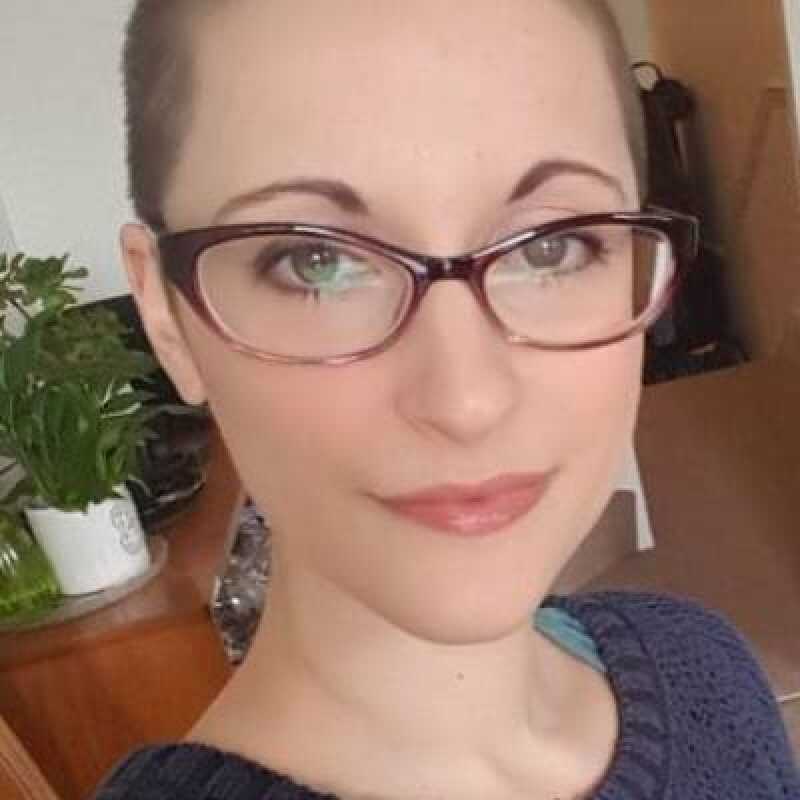- University of Kent
- Arts at Kent
- People
- Dr Chloe Farahar
Dr Chloe Farahar


Dr Chloe Farahar (she/they) is an Autistic academic whose research interests revolve around their Autistic specialisations and dedicated interests (not “special interests”).
Chloe’s specialisations include:
Chloe’s specialisations and research interests include:
Chloe is currently a postdoctoral researcher on ATTUNE: understanding mechanisms and mental health impacts of adverse childhood experiences to co-design preventative arts and digital interventions. ATTUNE is an interdisciplinary collaboration that brings together diverse creative arts, digital and health experts to investigate how adverse childhood experiences (ACEs) can affect adolescents’ mental health. The project is led by Professor Kam Bhui (Professor of Psychiatry, University of Oxford and Professor Eunice Ma (Provost, Falmouth University).
The Kent team are leading the neurodiversity research theme, investigating the impact of ACE’s for neurodivergent young people. The team will also contribute to research on the role of place, gender and sexuality in relation to ACEs, also working with local community groups to explore their experiences through participatory creative workshops.
The project is funded by the Medical Research Council of the Arts and Humanities Research Council and the Economic and Social Research Council.
Loading publications...
Showing of total publications in the Kent Academic Repository. View all publications